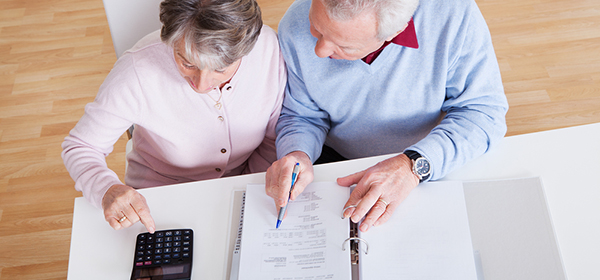No one likes being told what to do but sometimes we need to focus our attention on the tasks that can makes a difference. When it comes to money, even the simplest actions, whether done or avoided, can have the biggest impact.
Don’t underestimate the value of $1. Thanks to the multiplier effect of compound interest even a few extra dollars saved, or put into super, will have a greater net benefit than you may initially think. You can use Moneysmart’s calculator to workout the value of compound interest on your savings.
Don’t be tempted to dip into your retirement savings to fund an education for your grandchildren. It’s nice to give your family a little helping hand now and again but if they choose to send their children to an expensive school, let them fund it. You have no idea how long you will spend in retirement and that money may come in useful.
Do be realistic about your lifestyle. When you’re working it may be affordable to run about in the latest model car or take expensive holidays, but when you’re on a fixed income, some of this excess may have to go. A well-maintained older car will still get you from A to B.
Do shop around for cheaper alternatives. Going to the supermarket can put a heavy dent in your weekly budget so don’t be afraid to try the cheaper home-brand products and only buy food that you’ll definitely use.
Don’t lend money. Aside from putting a hole in your own savings, lending money can end friendships or cause disharmony between family members and if you need the money back, but the borrower can’t afford to return it, you could both end up in a financial mess.
Don’t act hastily to recover financial losses. The prospect of a looming retirement can invoke panic if you savings haven’t quite reached the levels you hoped, but changing investment strategy by making risker choices could see you with even less money in the bank.
Do be realistic about how much you will need to live on in retirement. Using the basic four per cent draw down from your pension, for every $10,000 of income you require, you will need to have a balance of $250,000. The ASFA Retirement Standard provides a guide to how much it takes to live a modest and comfortable lifestyle.
Related articles:
Money management for one
Money habits you need to break

